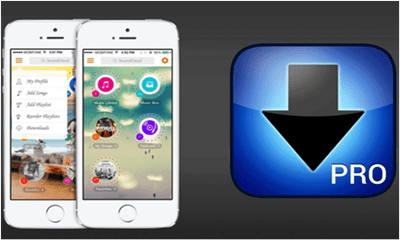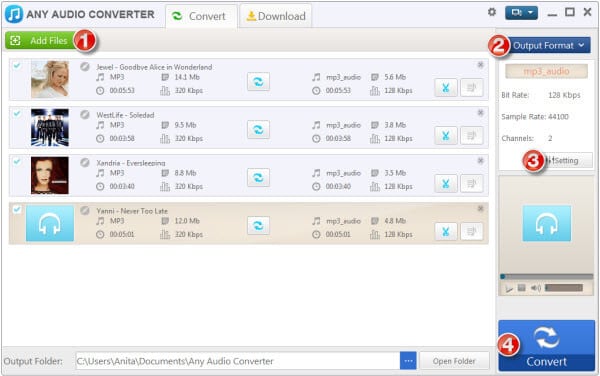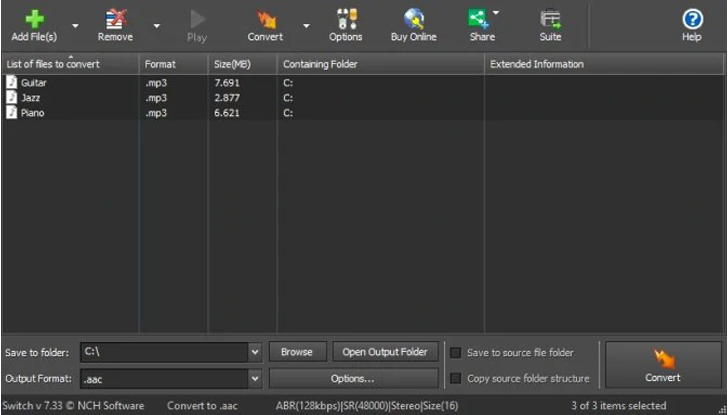
Then, click the "Rip" button you will have to wait for a few minutes, until all the audio tracks are transferred to your computer's hard drive. Pick "MP3" as the target format by default, the application wants to rip files to Microsoft's "Windows Media Audio" (WMA) format. Simply load the CD into the drive, and then choose "Rip" from the application's top menu. Okay, so now that you've decided which format works best for you, how can you convert those files? If you only want to transfer the tracks from an audio CD to your phone, Windows Media Player can do a great job. On the other hand, if you don't need ultrahigh music quality and storage space is an issue, you should pick MP3 files. If you are an audiophile, you may want to use lossless files as well most people like you choose FLAC for this task.

If you are a musician who is recording a new soundtrack, for example, it is wise to preserve all the needed project files using a lossless audio format, such as WAV, FLAC, ALAC or WMA Lossless. So, which format will work best for our needs? It's not an easy answer, because people have different requirements.

And the list goes on and on, including AIFF, AAC, OGG, FLAC, etc. Then, we've got the well-known MP3 and WMA formats, which utilize much less space, allowing people to store millions of music tracks on a regular hard drive.

We've gotten wav files, which store uncompressed audio data, for example. There are so many audio file formats in use today, and most of them are very popular.


 0 kommentar(er)
0 kommentar(er)
